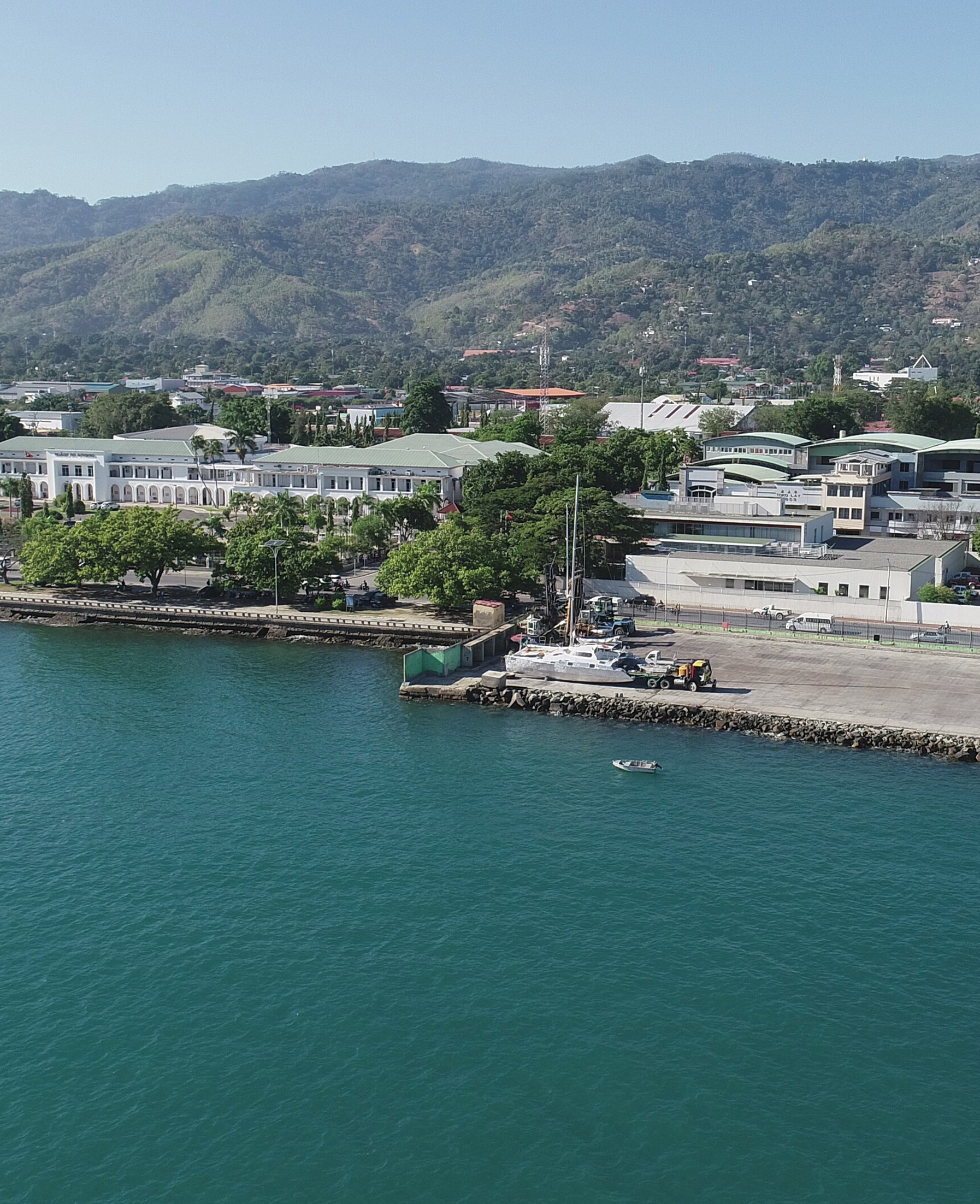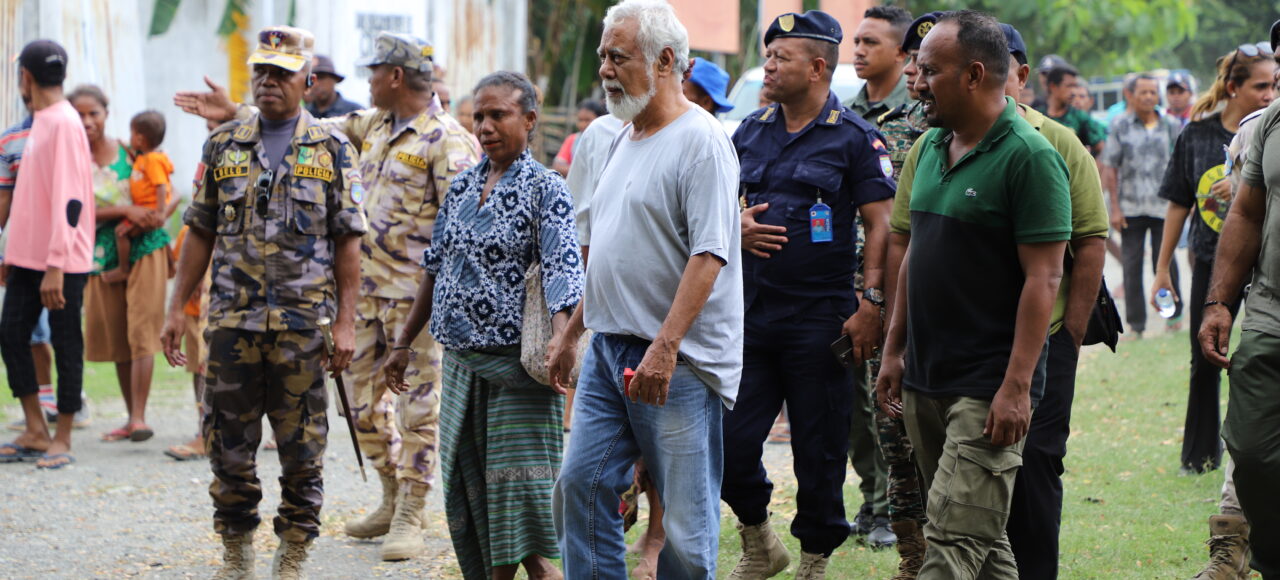As published in

With a rich and diverse cultural heritage, abundant resources and stunning natural beauty, Timor-Leste is primed for an economic transformation bringing increased prosperity to its 1.5 million citizens.
Prime Minister of Timor-Leste, Kay Rala Xanana Gusmão is rightfully proud of the progress his nation has made since it became the 191st member of the United Nations in May 2002.
The young nation’s future is bright. During the Indonesian occupation, the Timorese people experienced unthinkable devastation as they fought a twenty-four-year war of resistance. Under Gusmao’s leadership of the resistance, the Timorese eventually achieved independence through a United Nations supervised referendum in 1999.
Prime Minister Gusmão is a staunch proponent and champion of peace as a necessary precursor for development. Post-independence, with the nation finally at peace Gusmão, and the leader of the Timorese international diplomatic front, Nobel Laureate José Ramos Horta, together led a campaign of reconciliation between Indonesia and the Timorese. Together they insisted the nation and its people, look forward, not back. “We have built a safe, tolerant nation with an open, free market economy. We have worked hard to consolidate our State and set up effective institutions.” the Prime Minister says.


“We welcome international investment to support our hydrocarbon, agriculture, and tourism sectors – the key pillars of our 20-year Strategic Development Plan 2011-2030 – a comprehensive framework to transform our country from a low-income nation to a country with upper-middle income levels by 2030, with a population that is secure, educated, and healthy.
“The plan was formulated in 2011 and is aligned with the sustainable development goals. We identified main sectors for development and prioritised building basic infrastructure. It initiated projects focusing on roads, schools, hospitals, bridges, and electricity.
“It is an ambitious plan, but we are on track. We have completed the largest infrastructure project in our people’s history – a national electricity grid with generation and distribution across the country. We are embarking on an infrastructure program to provide the basis for our nation’s sustainable economic future which will include a new national port, a major airport upgrade, a national road network and the extensive development of our south coast to become a sub-regional centre for the petroleum industry.
“We have established a Human Development Capital Fund to build the human resources of our nation and already our students are spread out around Asia and the world to learn the skills necessary for state building. “Our focus for the next five years is on fostering economic growth especially by attracting international investors in our agriculture, tourism, blue economy, health and education sectors.” In addition to the success of the Strategic Development Plan 2011-2030, another of Prime Minister Gusmão’s achievements post independence was the settlement of a longstanding dispute with Australia over sovereignty in the Timor Sea.
“In 2016, we boldly initiated the first ever compulsory conciliation process under the United Nations Convention on the Law of the Sea which brought Australia to the negotiating table. “We resolved the maritime dispute within eighteen months, achieving a median line boundary.”
Petroleum income from oil and gas fields in the Timor Sea is paid into the Petroleum Fund as mandated in the Constitution. The Fund’s objective is to contribute to the wise management of petroleum revenues for the benefit of both current and future generations.

Gusmão is also proud of the fact that Timor-Leste was accepted as a member of the World Trade Organisation (WTO) in February 2024 and that the nation is on track to become a member of ASEAN – the Association of South-East Asian Nations – in 2025.
“Our commitment to progress is unwavering. We are fortunate that we have the petroleum fund and a strategic plan to drive the country forward. “We are also fortunate to have a youthful population. Seventy percent of our population is under 30, making us one of the youngest countries in the world. Our young people are innovative and eager to learn. They are the key to our progress.”
